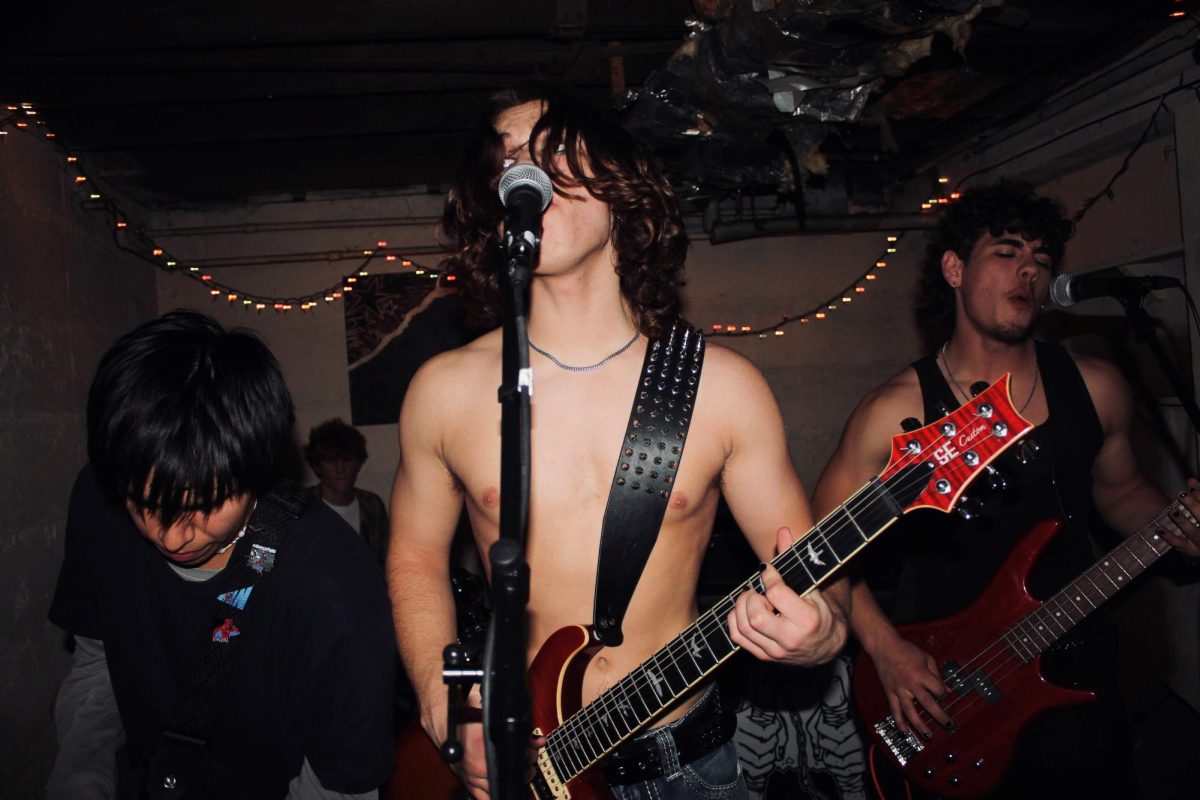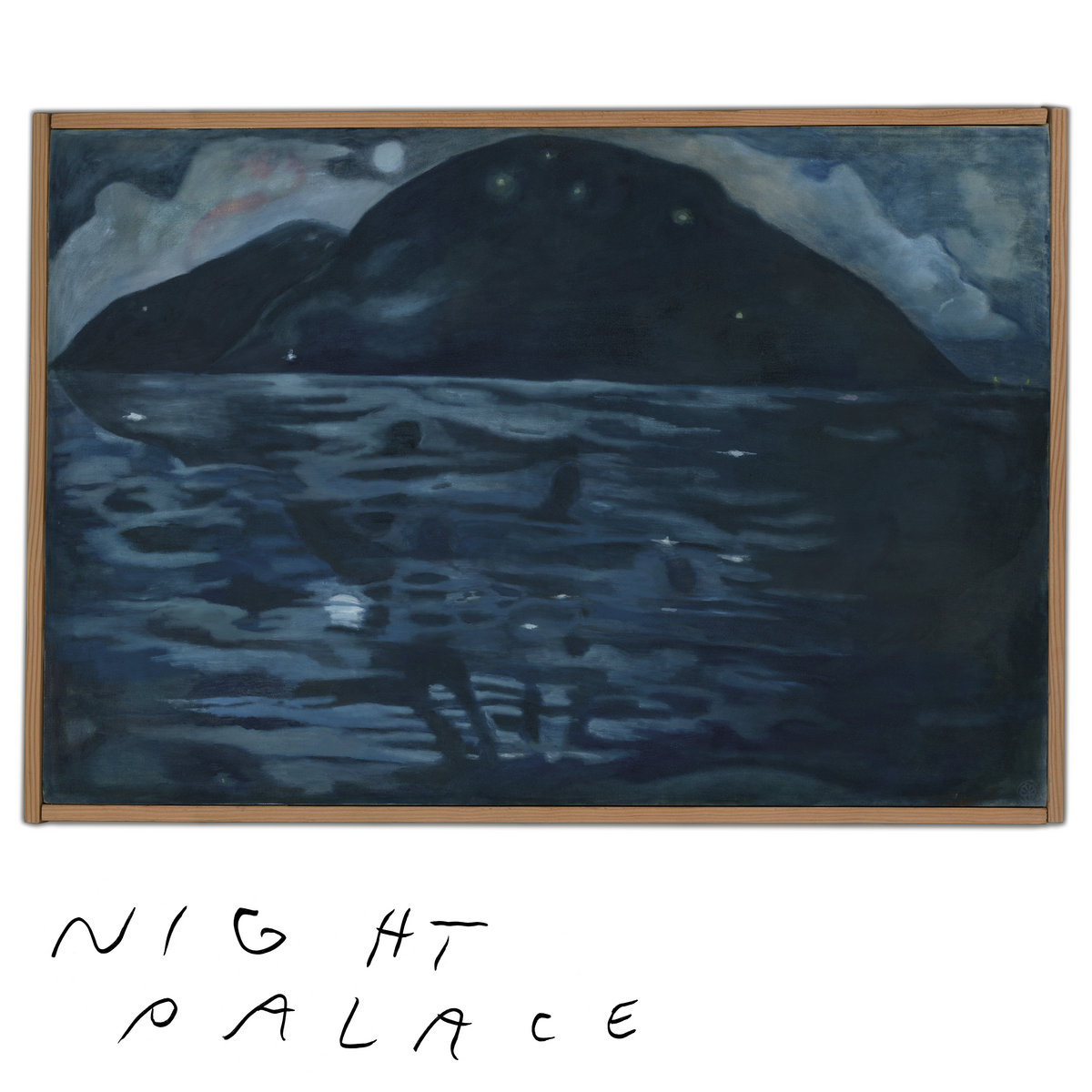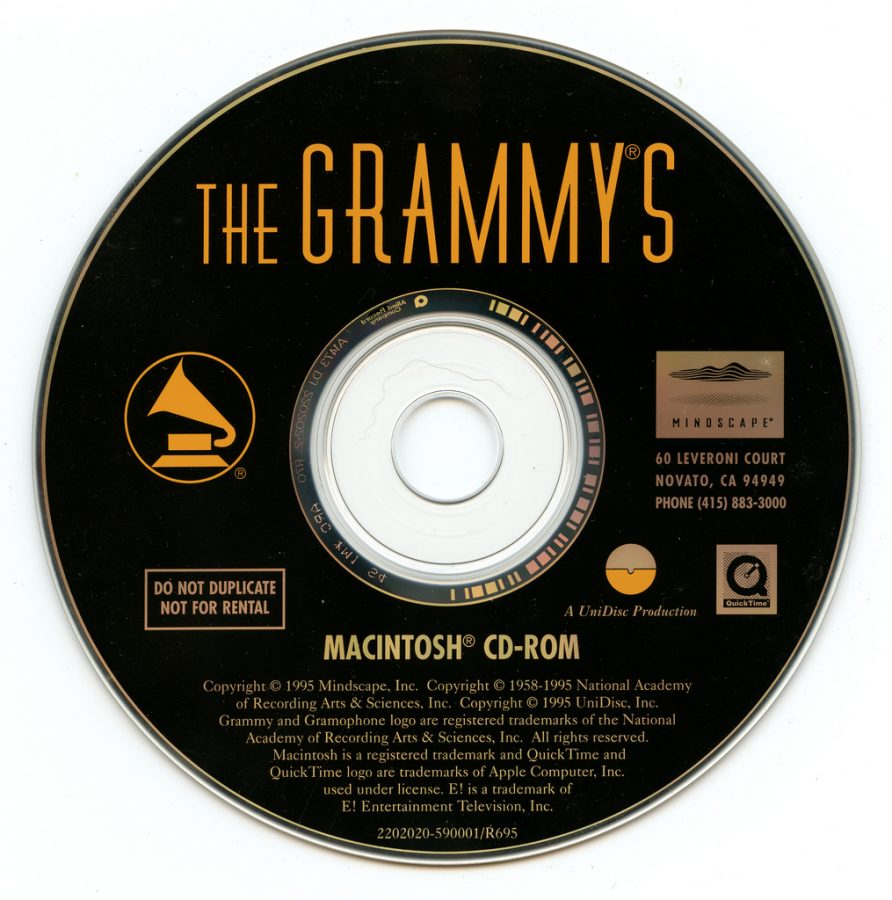
If you’ve got even a speck of cultural awareness, you know the ’80s are making a comeback. For things like fashion and film, there’s not a lot to dislike, but with ’80s music, there’s always the chance you’ll get stuck listening to synth or an awkwardly added saxophone.
But if you can sidestep those errors, it’s possible to create an ’80s flashback that is nothing short of stellar. With their new album “Angles,” post-punk revivalists the Strokes do just that, taking their late-’70s aesthetic deep into the upbeat, moving rhythms of the ’80s.
Their first album since a five-year hiatus, the band has come back with a new artistic direction that strays slightly from their previous albums, with a little less rock ’n’ roll and much more alternative sound. Still, a majority of the album holds onto the cheery feel that is typical of the Strokes’ previous work, a feat that can be hard to accomplish after five years away from the industry.
“Games,” the track that embodies the ’80s most on “Angles,” is one of the songs featuring the Strokes’ new direction — and, interestingly, the only tune to have been thought of prior to the band’s hiatus. The song, which ends with a strong digression of chords on a cloudy-sounding guitar, has been in the mind of lead guitarist Albert Hammond for about a decade, according to an interview with NME.
There is, of course, music on the album that is reminiscent of “classic” Strokes. In “Under Cover of Darkness,” their first single off the album, the band describes the excitement of being reunited. The lyrics seem to address fan concerns that their music has changed after the hiatus, saying “I’ve been out around this town / Everybody’s been singing the same song ten years. / I’ll wait for you / Will you wait for me too?”
Adding into the mix of normal Strokes songs, though, are a few distinctly different songs. One, “Gratisfaction,” takes a few tips from classic Billy Joel, with a very heavy guitar and bass combination that will evoke some serious toe-tapping.
Another one to look for is “Call Me Back.” The song has a similar calming feel like that of Weezer’s “Holiday in the Sun,” but its chorus abruptly shifts tones, intriguing the listener rather than lulling them to sleep.
But one of the catchiest might be lead song “Machu Picchu.” An upbeat Hawaiian-sounding techno song that’s all about finding something to do with your life, the track will be perfect for the upcoming summer months.
Those looking for a little philosophy with your Strokes should check out “Two Kinds of Happiness,” which explores both physical and emotional happiness. Lead singer Julian Casablancas compares the two, claiming, “One is pleasure, one is the flame. / One’s devotion, one’s just deranged,” and his dichotomy is supported by strong guitar solos and a fast-paced drum beat.
The Strokes aren’t willing to let you go without a reminder of their core sound though. The album’s final song, “Life is Simple in the Moonlight” fluctuates between calm, breezy, back-and-forth verses and a strong, moving chorus, and depicts the band at its finest.
Though the Strokes may be taking on some of the aspects of a decade of cheese-filled songs, they are able to incorporate their own personal sound, making the album a perfect addition to any modern-day/’80s crossover playlist.
More than that, the album is an awesome addition to both your personal record stash and the Strokes’ discography, and it’s as good as or possibly better than its predecessors.
Seems like a five-year hiatus was just what the doctor ordered.




